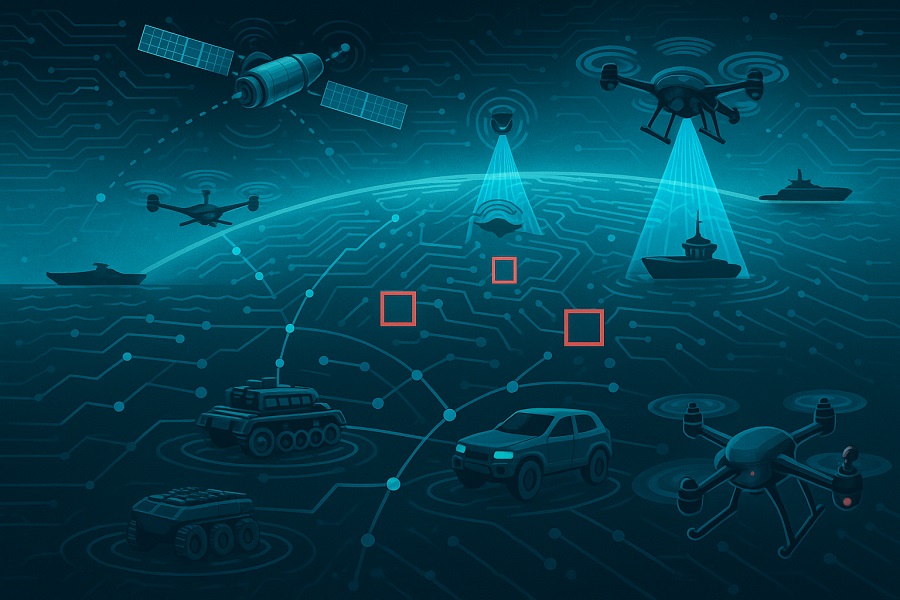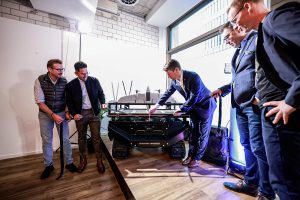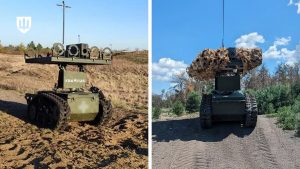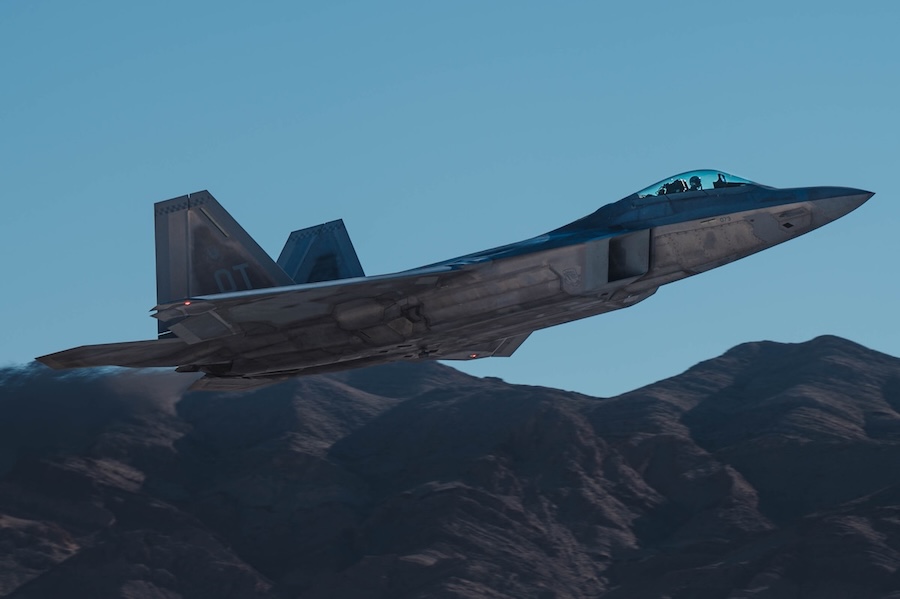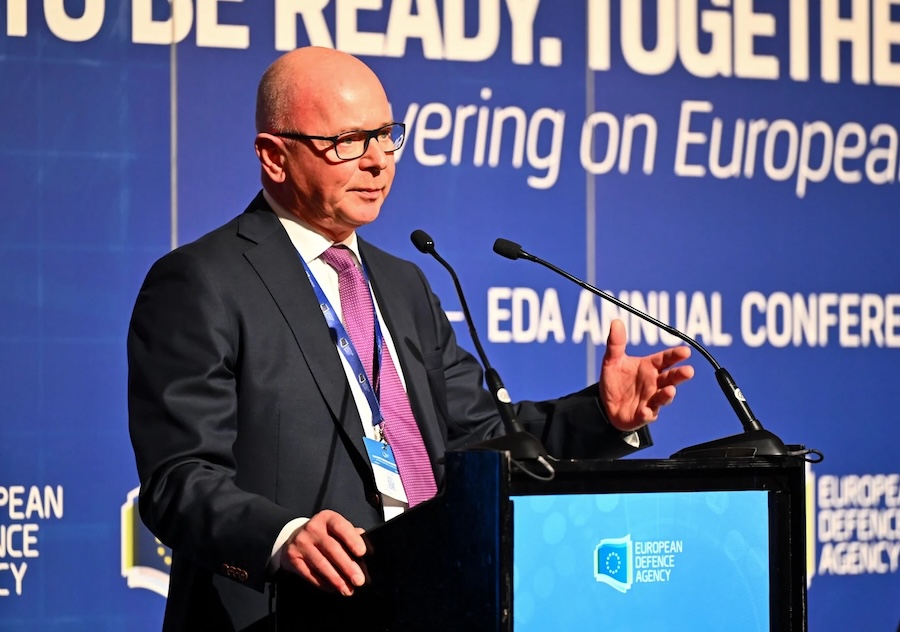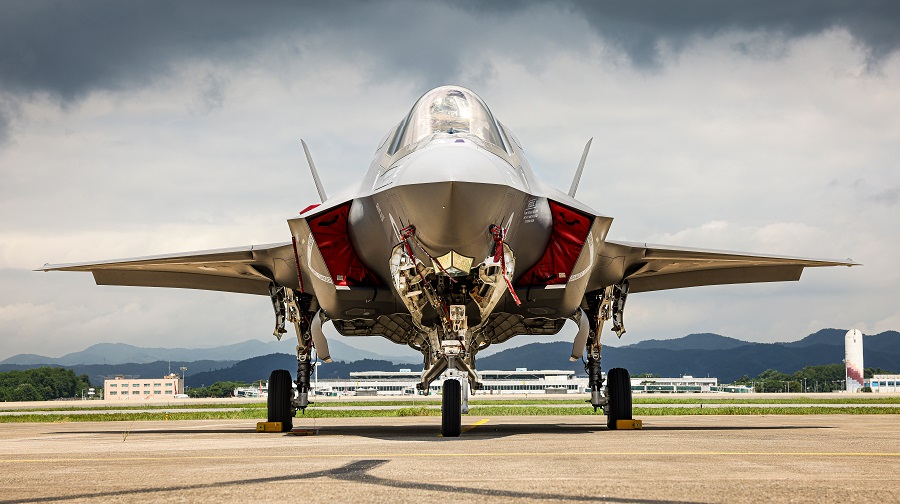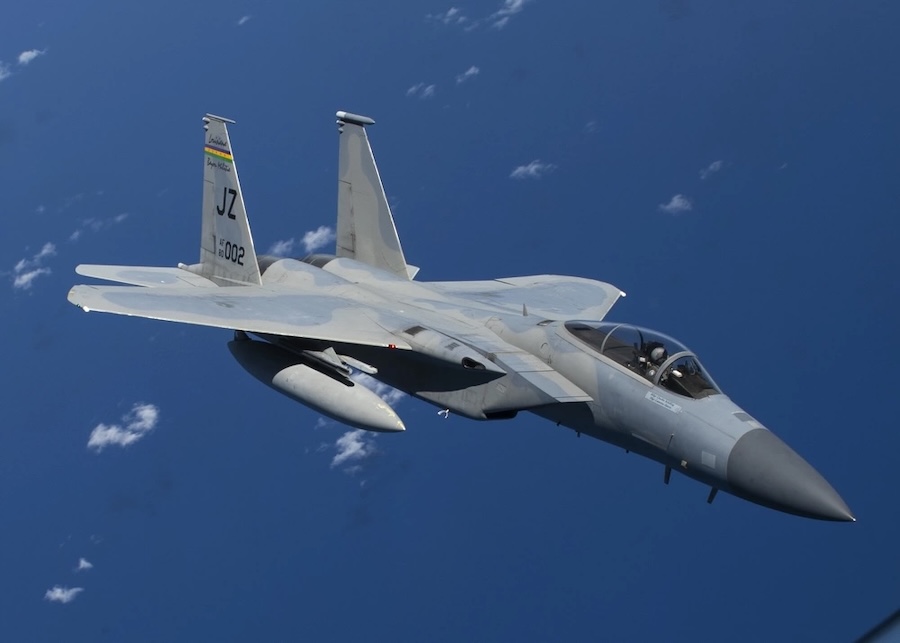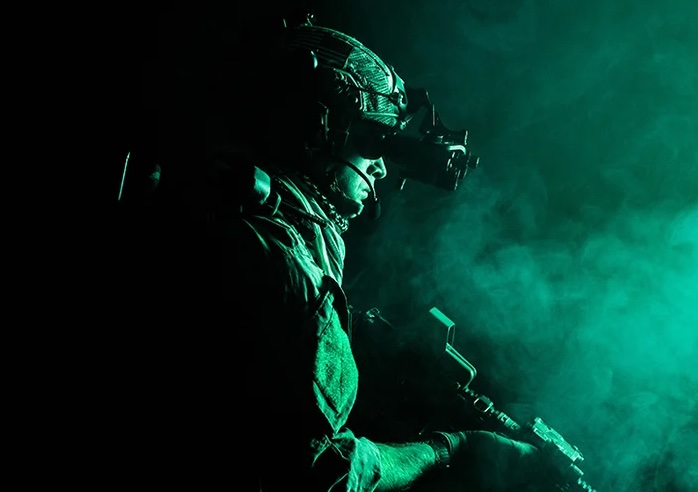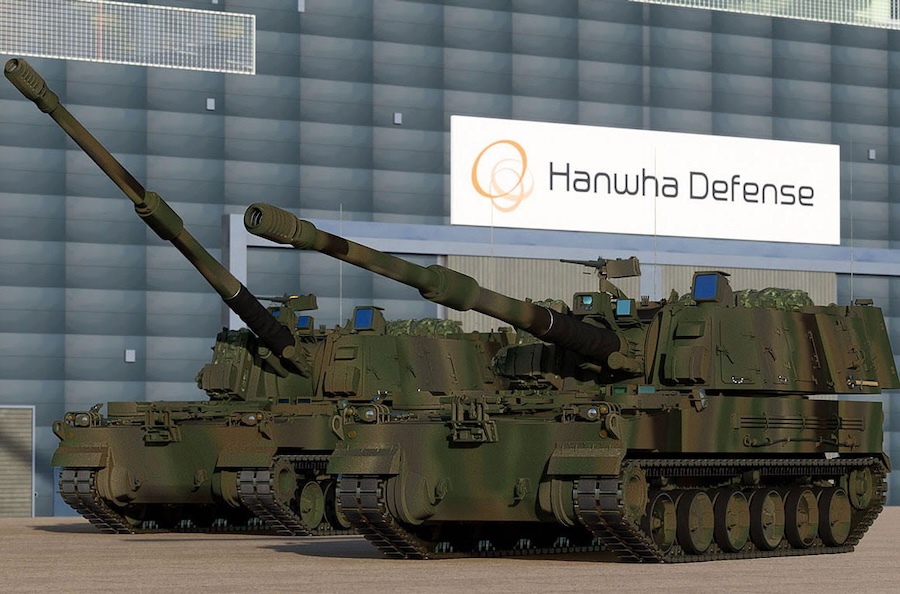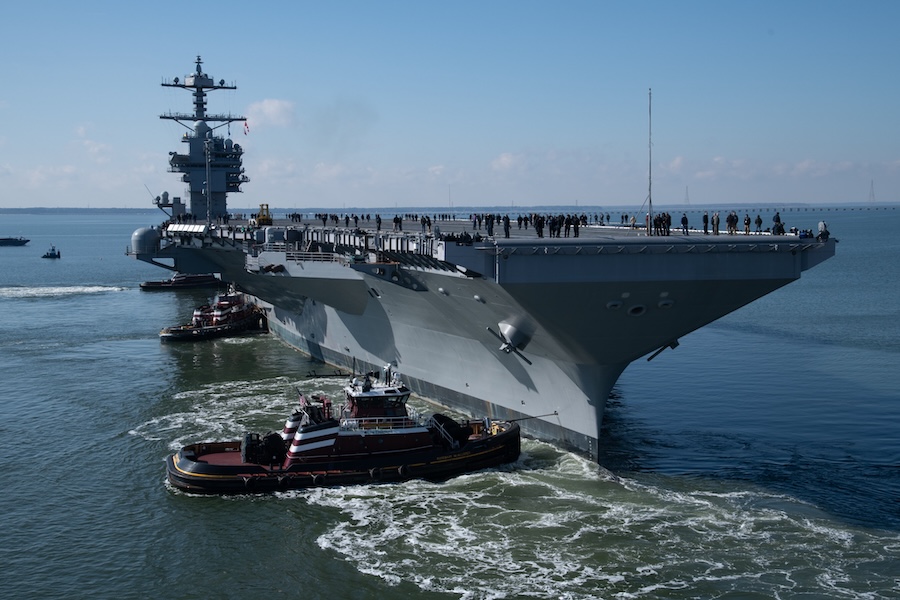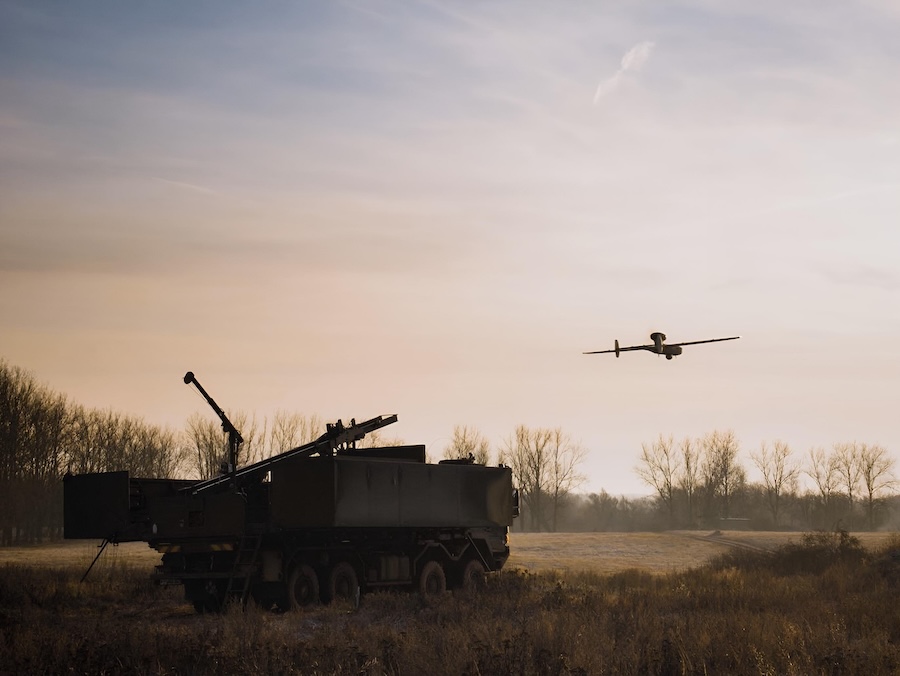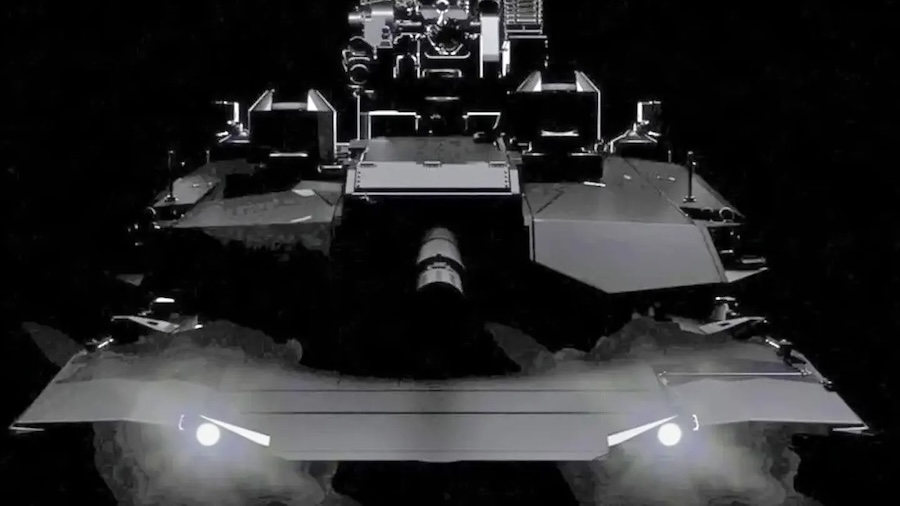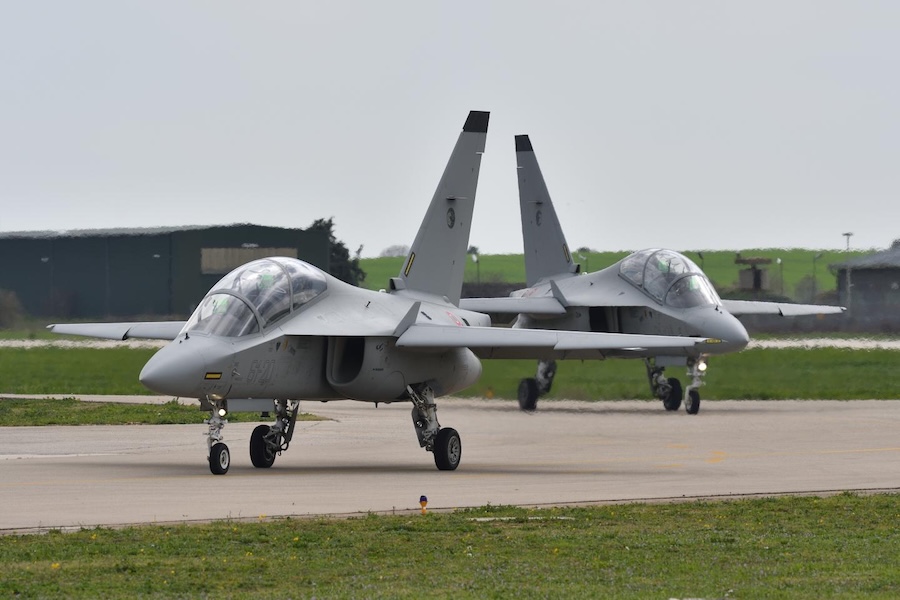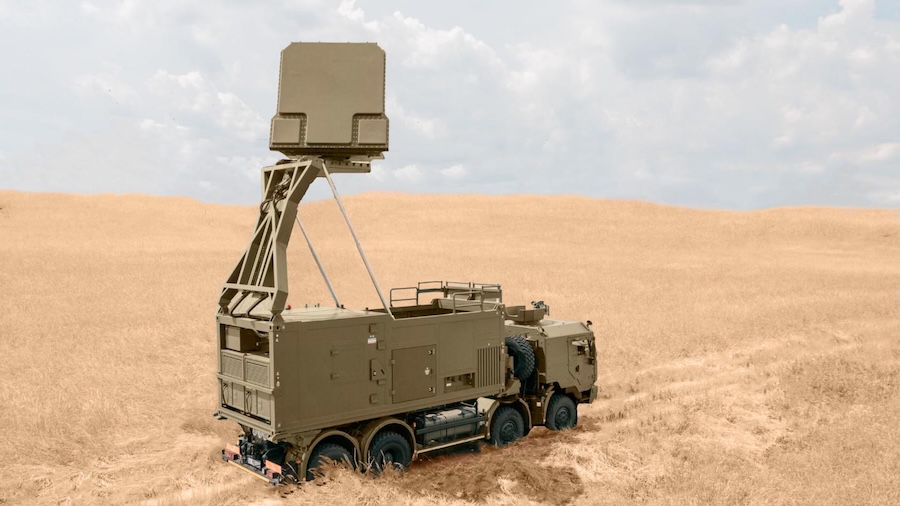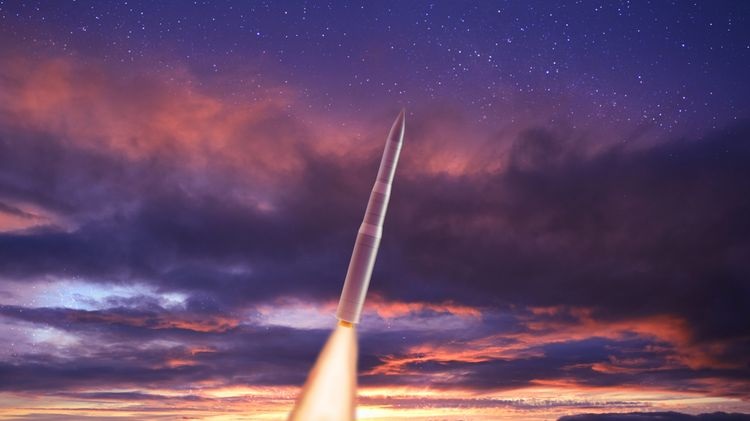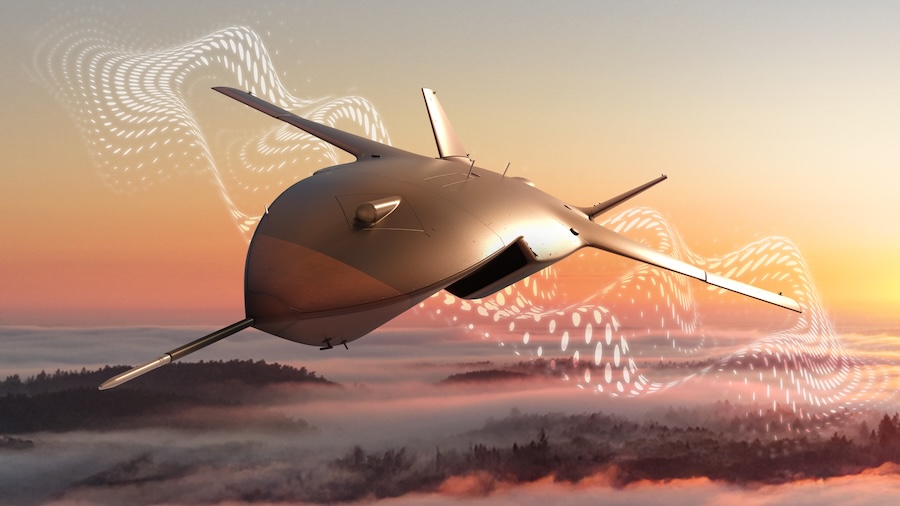The Nation is actively exploring capabilities in Robotics, Autonomy, Artificial Intelligence (AI), Machine Learning (ML), and Networked Sensors and Effectors. Over the past five years, NSPA has supported this effort using the comprehensive DOTMLPFI framework—covering Doctrine, Organisation, Training, Materiel, Leadership, Personnel, Facilities, and Interoperability.
Employing a system-of-systems approach, NSPA has integrated robotics, AI/ML, autonomy, and Intelligence, Surveillance and Reconnaissance (ISR) into a robust Concept Development and Experimentation (CD&E) framework. This supports the evolution of future force structures and tactical doctrines.
Central to the programme is the integration of Uncrewed Ground Vehicles (UGVs) and Uncrewed Air Systems (UAS), managed via an advanced, interoperable Command and Control (C2) architecture. This architecture operates at Autonomy Levels for Uncrewed Systems (ALFUS) level 5, distributed across resilient network nodes for seamless multi-domain operations.
RAS technologies are described as powerful force multipliers, enhancing decision-making, situational awareness, and enabling faster, safer, and more precise mission execution. The programme focuses on building integrated human-machine teams that dynamically adapt to changing battlefield conditions while maintaining meaningful human control.
As RAS capabilities mature, configurations will evolve into RAS-Integrated and RAS-Supervised Teams, balancing higher autonomy with operational oversight. This gradual approach is designed to build warfighter trust and optimise mission performance.
Experimentation will take place in realistic, non-lethal operational scenarios co-developed with end-users. These are intended to demonstrate the transformative potential of integrated RAS and examine the operational boundaries of autonomy in terms of trust, control, and performance.
Under the COMMIT partnership, NSPA will continue to support NATO Nations in rethinking operational concepts and future warfighting capabilities. “This contract represents a step forward, providing our NATO Nation access to some of the most advanced RAS capabilities,” said Céline Danielli, NSPA General and Cooperative Services (LB) Programme Manager.
“By combining robotics, autonomy, cutting-edge AI/ML, and ISR solutions, we are preparing for the complex battlefields of tomorrow,” Danielli added. The programme also highlights the role of NSPA’s Operations Directorate in helping NATO Nations translate technological advantage into operational readiness.
Source: NSPA.


